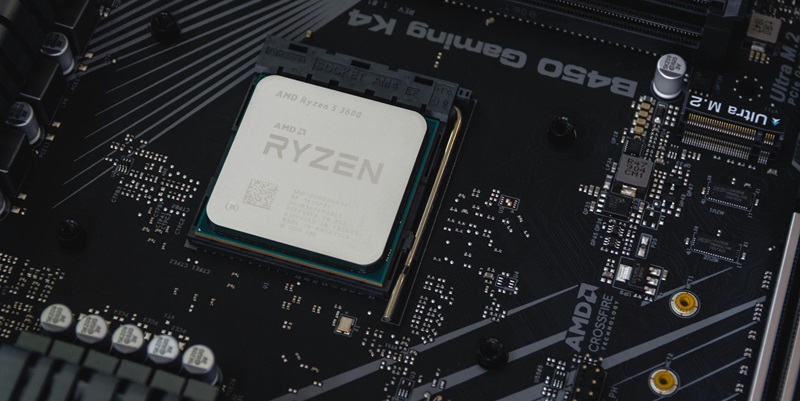AMD had initially scheduled the much-anticipated release of its Ryzen 9000 series desktop processors for July 31. However, the launch has now been postponed to August 8. This delay can primarily be attributed to issues related to mislabeling. According to various reports and visual evidence, there were significant mistakes in the labeling of the CPUs, with some Ryzen 7 9700X units mislabeled as Ryzen 9 9700X and Ryzen 5 9600X being incorrectly branded as Ryzen 9 processors. These discrepancies were not isolated incidents, which prompted AMD to delay the launch to ensure proper quality control and a complete re-evaluation of all units.
Mislabeling Issues and Quality Control
It has been widely reported that the mislabeling stemmed from errors in the laser engraving process used during manufacturing. While the problem is fixable, the nature of the issue necessitates a thorough reassessment of the entire batch of CPUs. An official statement from AMD vaguely referred to the delay, citing that the initial units did not meet “full quality expectations.” This cryptic explanation left consumers yearning for more specifics. However, several news outlets like Tom’s Hardware and VideoCardz have revealed that accurate labeling is a crucial component for maintaining product integrity and ensuring market readiness.
In the technology sector, where precision is paramount, even small errors can have significant repercussions. The delay serves as a reminder of the importance of meticulous quality control. In a market as competitive as CPU manufacturing, a mislabeled product can compromise the trust that consumers place in a brand. It can also lead to logistical nightmares further down the supply chain, impacting even third-party retailers. Thus, AMD’s decision to delay the release, though frustrating for anxious consumers, ultimately serves to uphold the company’s high standards.
Industry Trends and Future Prospects
Initially, AMD had planned to release its highly anticipated Ryzen 9000 series desktop processors on July 31. However, the launch has been rescheduled to August 8. The primary reason for this delay revolves around mislabeling issues that have come to light. Reports and visual confirmations have revealed significant labeling mistakes, with several Ryzen 7 9700X units being incorrectly labeled as Ryzen 9 9700X, and on top of that, some Ryzen 5 9600X processors were erroneously branded as Ryzen 9 models. These labeling errors were not mere one-off occurrences but instead were significant enough to raise serious concerns. Consequently, AMD decided to push back the release date to undertake a thorough quality control process and conduct a comprehensive re-evaluation of all units. This step is crucial for ensuring that each processor is correctly labeled before hitting the market, which will maintain the company’s reputation and avoid confusion among consumers who have eagerly awaited this new series of processors.

